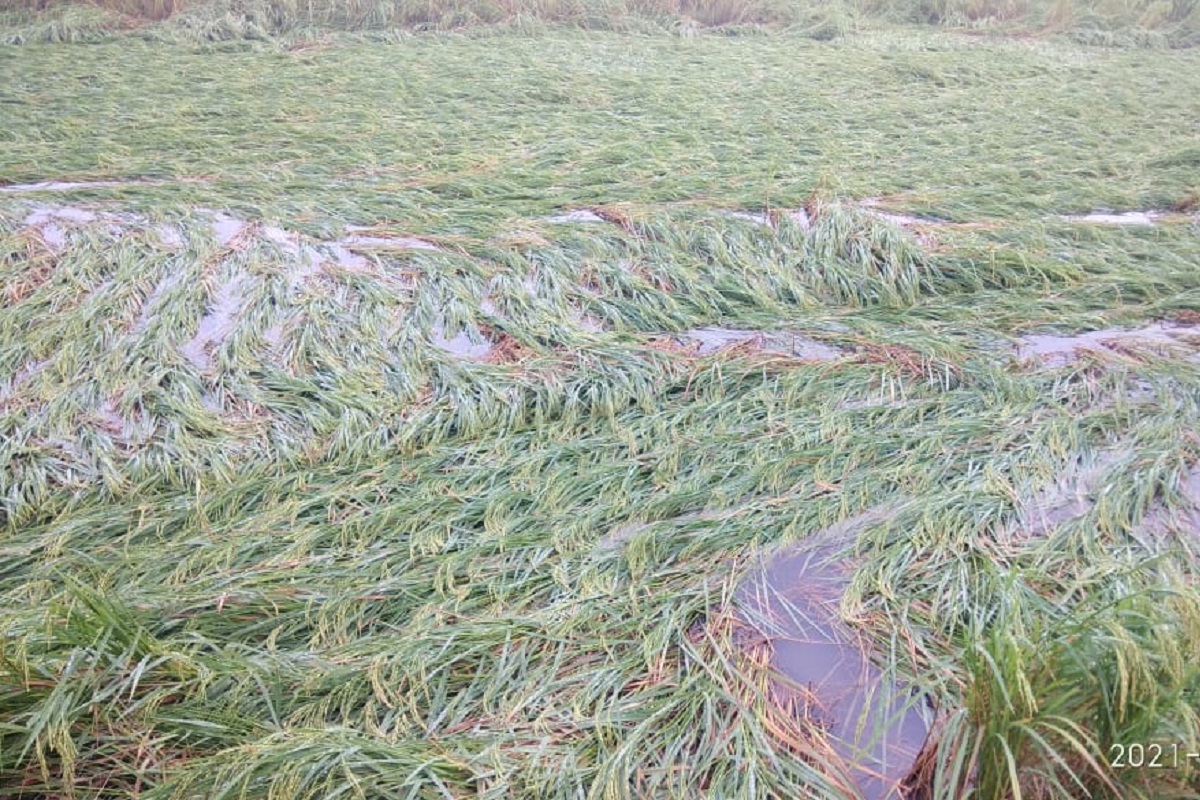Lying low due to deficient monsoon rain during pre-harvesting season, farmers across the State are encountering the grim prospect of Kharif crop loss with unseasonal rain in winter months posing an imminent threat to annual yield.
It has been a mixture of opposites as nature has played a joke on farmers. The coastal State had recorded the highest monsoon rainfall deficit in over two decades in the current year with a deficiency of 29% than the average rainfall in September.
Advertisement
Drought-like situations prevailed in several parts of the State. The transplantation of seedlings has been affected due to erratic monsoon rain. However, things had improved to a certain degree as periodic low pressure-induced rain lashed in September and October, saving the crop loss. The unseasonal burst of rain in November has begun to pose a fresh threat of massive crop loss.
The harvesting of the Kharif crop has already begun in western parts of the State while the standing crop is ready for harvest in the remaining parts of the State. Thus rainfall at a time when harvesting season has begun may have its adverse consequence on the annual yield, said agriculture department officials.
The low-pressure area forecast has made farmers, who have already suffered crop loss due to rain deficit in August-September, a worried lot.
The agriculture department has asked the peasants in western districts to shift their harvested paddy to safer places. As the downpour will lead to the water-logging in crop fields, the authorities have also asked the farmers to do the needful for clearing the water-logging.
The unseasonal rain may also lead to the outbreak of pest attacks on standing crops and vegetable plants. Once the dry weather prevails, farmers must take measures to arrest the pest attack. The infestation of the brown planthopper (BPH) pest usually occurs after unseasonal rain, said officials.
Apprehension of BPH pest attack looms large and unless corrective measures are undertaken, it will debilitate the luxuriant paddy plants to cause major loss to farmers. The district agriculture offices in the 30 districts will take stock of the situation at the ground level after dry weather prevails, said a senior official of the agriculture and farmers’ empowerment department.











